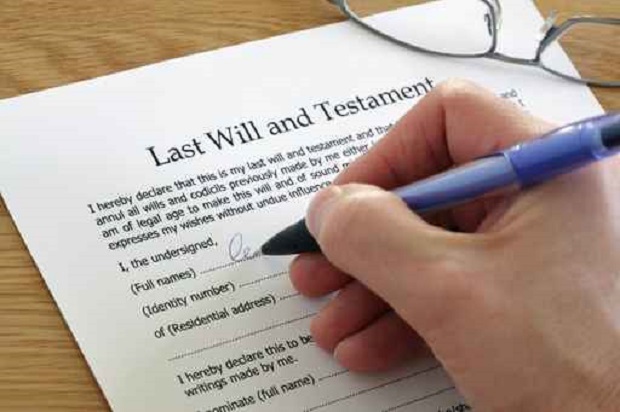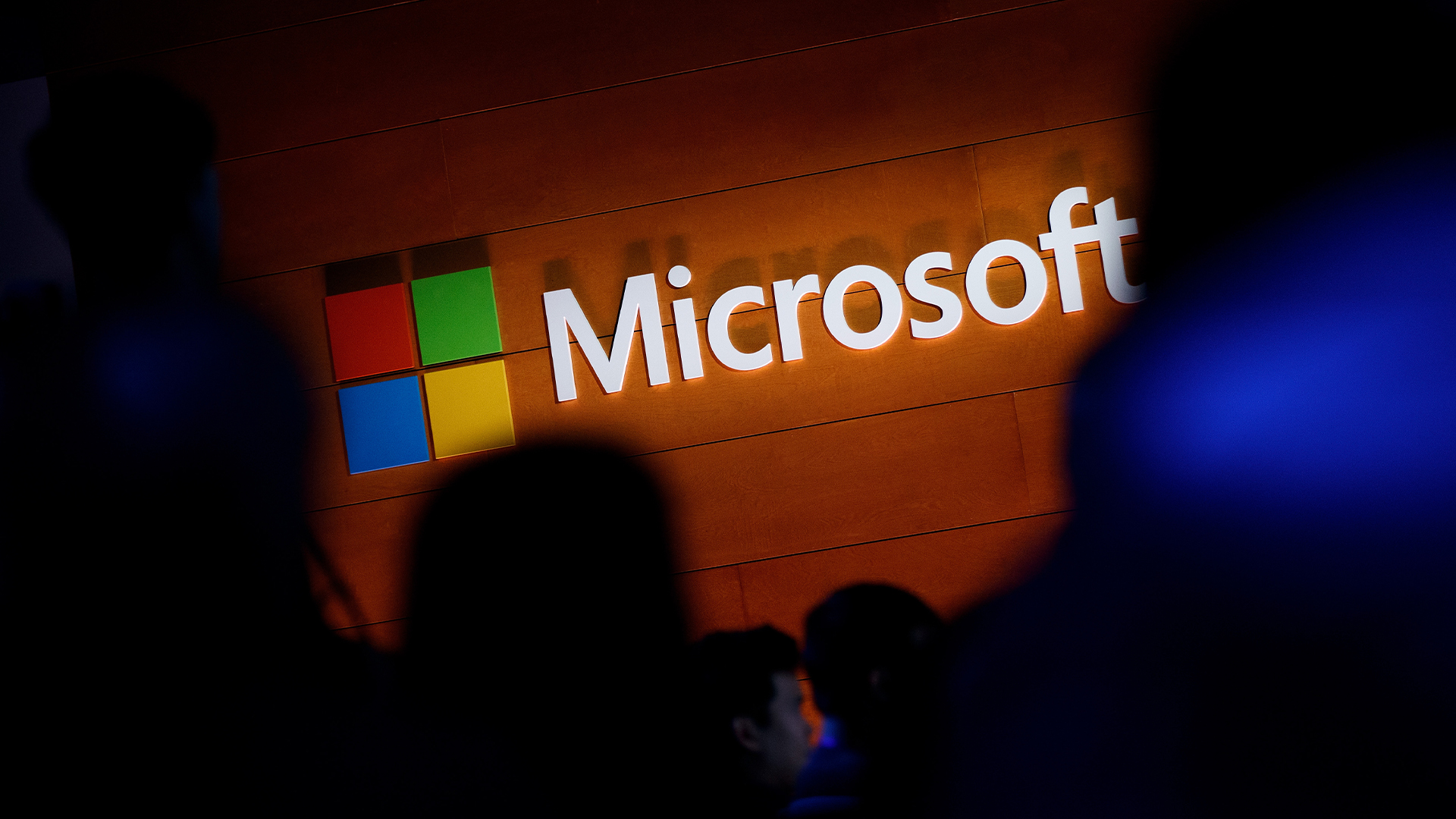Preserving your digital legacy: What happens to your MP3s when you die?
With digital download sales booming, Caroline Donnelly finds out how to go about passing on these assets post-death

"You can't take it with you when you die," the old adage says. But, when it comes to leaving our digital assets to our nearest and dearest, it seems you can't pass them on either. Depending on who consumers buy their e-books, MP3s and movie downloads from, the right to use these digital assets often expires when the person who buys them dies. Therefore, it's often legally impossible to pass them on.
As far as I understand it, these are license agreements, not purchase agreements. And, as a result...that license terminates on death.
"The long and the short of it is you're borrowing the music or books you buy from iTunes or on a Kindle," Keith Etherington, a solicitor from family law specialists Slater & Gordon, tells IT Pro.
Digital legacy preservation: First steps
Before you can start taking steps to preserve your digital legacy, you need to take stock of what accounts you have and their contents, advises Emma Myers, head of wills, probate and lifetime planning at Saga Legal.
"[We] recommend creating a directory of all online accounts (excluding passwords for reasons of security), which is stored with your will," she explains. "This means next of kin will find it much easier to locate all your accounts."
For on-premise assets, locked up in laptops or stored on tablets, Simon Lewey, a partner at family law firm Cripps Law, says there are organisations who will store device passwords until someone dies and then disclose them to select parties afterwards.
Alternatively, people could store these details with their wills and leave them in the care of their solicitor instead, he suggests. "I've got one client who has given me, to keep physically with his will, a piece of paper in a sealed envelope, with the passwords to his PC," Lewey reveals. "He feels that's a good way of ensuring I can get to that [data], and unlock it."
Get the ITPro daily newsletter
Sign up today and you will receive a free copy of our Future Focus 2025 report - the leading guidance on AI, cybersecurity and other IT challenges as per 700+ senior executives
"As far as I understand it, these are license agreements, not purchase agreements. And, as a result...that license terminates on death." This may come as a surprise and shock to some, particularly when they total up how much money they're likely to spend on accruing these digital assets during their lifetimes. "You might spend 20,000 on iTunes over your lifetime, but once you die, that's it. Apple keeps your money and no-one else gets to listen to the music," Etherington adds. IT Pro raised this point with Apple and the company confirmed it's not possible to "legally bequeath" an iTunes library to someone, as per its terms and conditions. However, Apple did say it is possible to make it accessible to others after the owner's death. This involves contacting iTunes customer services and asking them to transfer ownership of the account to another person who must provide a copy of the deceased's death certificate and a legal document confirming they have the right to take over the account. Alternatively, as Etherington points out, a person could simply pass on their iTunes login details to whoever they want to have access to it after death. Failing to do so won't just stop loved ones accessing your iTunes library, but could also prevent them from accessing an iPad or iPhone that's been passed on too. That's a situation Josh Grant has found himself in after his late mother bequeathed her two-year-old iPad to her family in her will. Since her death from cancer at the age of 59, they've been unable to use it because they do not know her Apple ID and password. Grant told the BBC he was asked by Apple to provide written consent from his mother for the device to be unlocked. "We obviously couldn't get written permission because mum has died. So my brother has been back and forth with Apple. They're asking for some kind proof that he can have the iPad," Grant says. "We've provided the death certificate, will and solicitors letter, but it wasn't enough. They've now asked for a court order to prove that Mum was the owner of the iPad and the iTunes account. "It's going to have to go through our solicitor and he charges 200 an hour, so it's a bit of a false economy," he adds.
Since news of this story first came to light, Apple has responded to the family's request to access the device and restored the factory settings.
-
 Westcon-Comstor and Vectra AI launch brace of new channel initiatives
Westcon-Comstor and Vectra AI launch brace of new channel initiativesNews Westcon-Comstor and Vectra AI have announced the launch of two new channel growth initiatives focused on the managed security service provider (MSSP) space and AWS Marketplace.
By Daniel Todd Published
-
 Third time lucky? Microsoft finally begins roll-out of controversial Recall feature
Third time lucky? Microsoft finally begins roll-out of controversial Recall featureNews The Windows Recall feature has been plagued by setbacks and backlash from security professionals
By Emma Woollacott Published
-
 AWS goes all in on AI agents with new features for Bedrock and Amazon Q
AWS goes all in on AI agents with new features for Bedrock and Amazon QNews Agentic customizability is coming to Bedrock and the Amazon Q developer assistant
By George Fitzmaurice Published
-
 Amazon’s $4 billion investment in Anthropic faces UK competition probe – here’s what it means
Amazon’s $4 billion investment in Anthropic faces UK competition probe – here’s what it meansNews The CMA investigation into the Anthropic investment is the latest in a slew of probes by the competition regulator
By Emma Woollacott Published
-
 Hyperscaler AI spending is getting out of control — and Microsoft says it could take 15 years for it to make good on investments
Hyperscaler AI spending is getting out of control — and Microsoft says it could take 15 years for it to make good on investmentsNews Tech giants' results show billions being poured into AI infrastructure, but big leaps in revenue remain elusive
By Nicole Kobie Published
-
 ChatGPT could be facing some serious competition: Amazon is reportedly working on a new AI tool, ‘Metis’, to challenge the chatbot’s dominance
ChatGPT could be facing some serious competition: Amazon is reportedly working on a new AI tool, ‘Metis’, to challenge the chatbot’s dominanceNews Amazon could be preparing to mount a serious challenge on ChatGPT’s dominance with the launch of a new chatbot service
By Ross Kelly Published
-
 Microsoft, Amazon, Meta, and Google just promised to halt AI development if models are too dangerous — but will they stick to their promise?
Microsoft, Amazon, Meta, and Google just promised to halt AI development if models are too dangerous — but will they stick to their promise?News Promises on AI safety will only go so far, experts argue, prompting renewed calls for stronger legislation
By Steve Ranger Published
-
 CMA probe into big tech AI deals sparks concerns over industry confidence
CMA probe into big tech AI deals sparks concerns over industry confidenceNews The watchdog wants to examine whether the deals fall within UK merger rules or raise competition concerns
By Emma Woollacott Published
-
 The 5 generative AI investment winners of 2023
The 5 generative AI investment winners of 2023News Generative AI investment deals skyrocketed in 2023, with major industry players backing emerging startups
By George Fitzmaurice Published
-
 AWS re:Invent: All the big updates from the rapid fire day-two keynote
AWS re:Invent: All the big updates from the rapid fire day-two keynoteAnalysis AWS re:Invent has had no shortage of talking points so far
By Ross Kelly Published